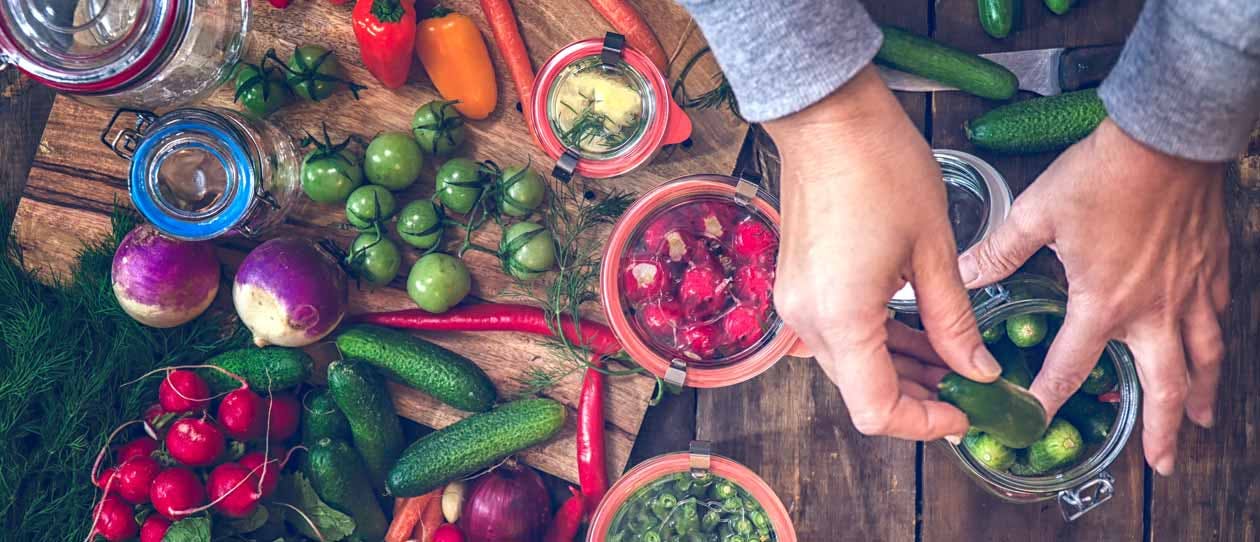Despite most of us knowing we need five serves of veggies per day, Nutrition Australia reports less than 4% of us are consuming enough - in fact, the average Australian eats eat only half that.
For a lot of us, it has little to do with access; we are filling our carts with leafy greens, crunchy salad fillings and other fresh vegetables, but a substantial proportion of them are then hitting the bin.
OzHarvest reports half of all fruit and vegetables produced are wasted, and veggie are one of the biggest contributors to food waste.
As well as being better for your health, eating up instead of throwing them away is better for the environment.
According to the Australian Government’s
National Food Waste Strategy, vegetable production carries a cost to the environment through every stage; from growing and harvesting, to transporting, processing, storing and distribution. And once it has passed through all those stages, the unconsumed food that hits landfill then breaks down and releases methane - a potent greenhouse gas.
Need a few more reasons to reduce your food waste? According to OzHarvest:
- One third of all food produced is lost or wasted –around 1.3 billion tonnes of food –costing the global economy close to $940 billion each year. In Australia, the Government estimates food waste costs $20 billion each year
- Over 5 million tonnes of food ends up as landfill, enough to fill 9,000 Olympic sized swimming pools
- Eliminating global food waste would save 4.4 million tonnes of C02 a year, the equivalent of taking one in four cars off the road
- 35% of the average household bin is food waste


